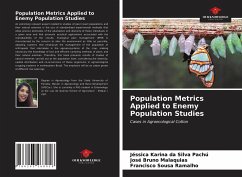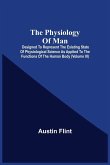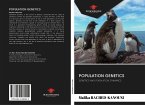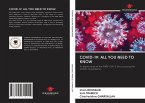An extremely relevant aspect related to studies of pest insect populations and their natural enemies is the use of standardized experimental methods that allow precise estimates of the abundance and diversity of these individuals in a given area and that presents practical applications associated with the reproducibility of the results. Ecological pest management (EPM) is characterized by the concern to alter the environment as little as possible, adopting systems that emphasize the management of the population of arthropods that interrelate in the agroecosystems of the crop, making necessary the knowledge of fast and efficient sampling methods of pests and their natural enemies. Therefore, this book presents results of studies of natural enemies carried out at the population level, considering the diversity, spatial distribution and co-occurrence of these organisms in agroecological cropping systems in northeastern Brazil. The emphasis will be on cotton grown at different row spacings.
Hinweis: Dieser Artikel kann nur an eine deutsche Lieferadresse ausgeliefert werden.
Hinweis: Dieser Artikel kann nur an eine deutsche Lieferadresse ausgeliefert werden.








